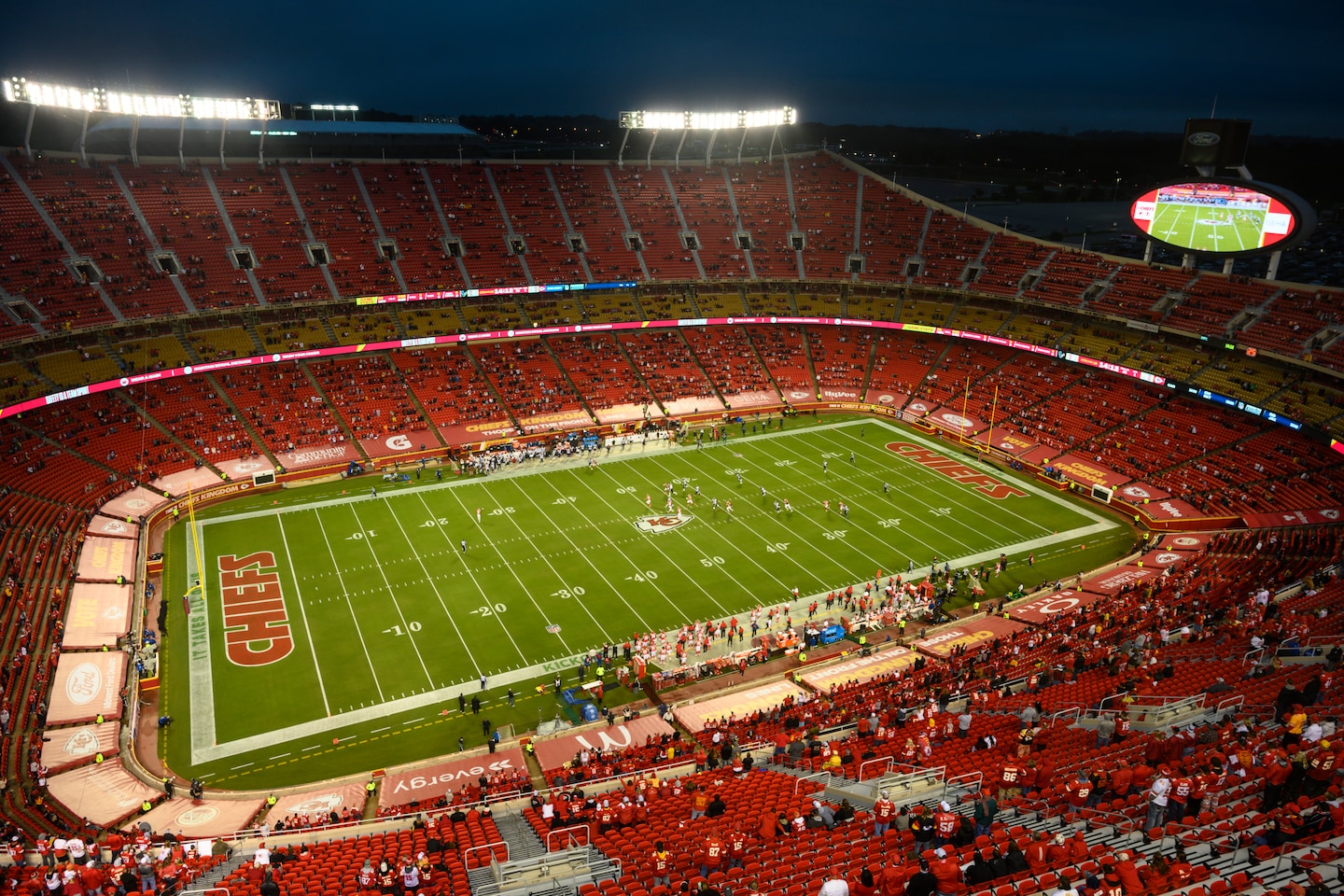The NFL season snuck up on us because we have other things to worry about

It hasn’t just powered through the way the sport often does. It has shown great thought with its protocols and testing, an appreciation for the scientific challenges and the ability to learn from the successes and failures of other leagues. The work has led to a microscopic number of coronavirus cases; the NFL and its players association announced last week only eight positives out of 44,510 tests in the latest round of results. It leaves a sense the season is beginning as safely as possible.
It’s close to miraculous that the NFL figured out a way to start without interruption and without competing in a bubble environment that has worked so well for the NBA, WNBA and NHL. It didn’t seem like any sport would be able to compete on its terms, not when the nation has struggled to avoid outbreaks and simply agree on an effective plan of action. Football did have to scrap its offseason program and preseason exhibitions, but we’re one game and 34 Kansas City Chiefs points into Week 1, and the country is free to obsess over a full slate of games Sunday.
Well, sort of.
Covid-19 still looms. Without a vaccine, the threat of another debilitating wave remains. An undisturbed NFL season should be considered wishful thinking, even as the players, coaches and staff teach a valuable lesson about discipline and teamwork. The initial success doesn’t minimize the long-term challenges. And there’s one other problem: How does the league recapture the attention of fans who have greater concerns this season?
The NFL is used to announcing its arrival and watching every kind of fan — the die-hards, the casuals and the ones who have supposedly sworn off the game — come running. But before the defending champion Chiefs and Houston Texans kicked off the season Thursday night, the anticipation included an abnormal reaction appropriate for what people have been through: “Oh, for real?”
Sports aren’t an invincible distraction right now, and with so many athletes committed to social justice, they don’t want to be, either. But even if the players were adamant about only providing blind entertainment, it still wouldn’t be the same. The majority of major sports had to go away for four months. Children aren’t getting to compete as much. Adult beer leagues and regular pickup games have been canceled. Part of what makes athletics irresistible is their prevalence, dependability and timelessness. The games go on, always. They create more than a passion. They put you in an emotional trance, becoming intrinsic to your sense of community and need for human connection.
Disrupt this way of life for too long, and people learn to live another way. Some of that is happening here. For as desperate as people said they were for sports, the ratings and anecdotal evidence suggest they have yet to come back in full force. It’s more nuanced than blaming the stances that players are taking against systemic oppression. Since returning from hiatus, the audience hasn’t been there. This was true before people fully experienced this new wave of activism.
There are other issues to consider. For one, these sports feel soulless right now, no matter how well the games are presented for television. There’s little atmosphere, nothing grand about the event. The quality of play has been impressive, and the athletes deserve immense credit for their mental and physical resolve. But compared to the normal spectacle, this version can be boring at times. And when there are thrills, something still seems off. Sports have become background noise. Watching them is something to do, not the premier thing to do. Struggling is what we all do, in some form, right now. There is no satisfying diversion from this pain.
In addition, the schedule is oversaturated currently, and everything is out of context. Everyone is used to the football season starting at this time, but it has had to compete with the NBA playoffs, the Stanley Cup playoffs, U.S. Open tennis and many other options. Everything is crammed into September, including the Kentucky Derby and Tour de France. Fans can be excited but also overwhelmed. They can be interested but also preoccupied with more important things. Signs of diminished enthusiasm magnify that fans are humans with healthy minds and broken hearts.
The NFL, the king of American sports, isn’t immune. The football-loving nation will appreciate its return, but it might not fixate on it.
So an anticipated return morphed into a sneak attack. The NFL is back in the game. This time, though, it doesn’t feel like the only game. There are more pressing matters, and this season, success depends on how well football blends into this fidgety new world.






